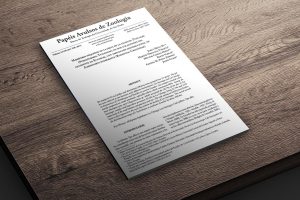| Descripción |
Traditional knowledge, such as knowledge of the use of plants as medicine, influences how indigenous people manage forest resources. Gender and age-associated differences in traditional knowledge may impact forest resource management because of the traditional division of labor. We interviewed 18 men and 18 women between 9 and 74 years old in San José de Payamino, an indigenous community of the Kichwa ethnicity in the Ecuadorian Amazon, to determine if there are gender or age-associated differences in medicinal plant knowledge among the Payamino people and to identify the most important species from a sample of medicinal plants. Individuals were interviewed using a tablet that displayed images of 34 plants, which had been cited by traditional healers in the community. Quantitative analysis provided insight into the relative importance of plants in the sample as well as the distribution of medicinal plant knowledge among members of the community. The most important plants were Tradescantia zanonia and Monolena primuliflora. These plants should be considered candidates for further investigation. There was a positive correlation between age and knowledge of medicinal plants, but no significant difference between genders. Our results suggest that an interview method that relies on digital images can reveal differences in the importance of medicinal plants as well as provide insight into the distribution of traditional medical knowledge. While men and women are likely to manage forest resources similarly, younger members of the community may not have the same regard for forest resources as their elder counterparts. |



